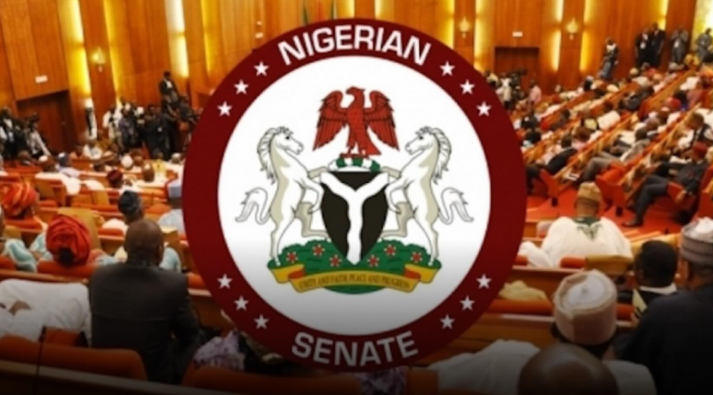

In a dramatic turn of events early Wednesday, soldiers in Guinea-Bissau declared that they had taken “total control” of the country — closing borders, suspending the election, and detaining the country’s president.
Gunshots rang out near the capital’s presidential palace and the headquarters of the national electoral commission, as armed soldiers sealed off key roads leading to government buildings. By midday, a group identifying itself as the High Military Command for the Restoration of Order addressed the nation on state television, declaring all state institutions suspended “until further notice.” They cited a recently uncovered plot involving politicians and a foreign-linked criminal group allegedly intending to manipulate election results and destabilize the country.
At the heart of the takeover is Umaro Sissoco Embaló, the sitting president, who — the military claims — has been deposed. The spokesperson for the junta, Dinis N'Tchama (also spelled Denis N'Canha), announced that President Embaló, along with other senior officials including the chief of staff of the armed forces and the interior minister, have been detained. Embaló himself reportedly confirmed his detention, but said he had not been subjected to physical harm.
The move comes just three days after nationwide presidential and legislative elections in which both Embaló and his main challenger claimed victory — even as official results had not yet been announced. With the electoral process now suspended, vote counting halted, and borders sealed, uncertainty has gripped the West African nation.
The military justified the coup by pointing to the alleged plot and threats to national stability. At a press conference, N’Canha said that the newly appointed military high command was acting to restore order and prevent what they described as fraud and chaos engineered by politicians and criminal collaborators.
This latest upheaval only adds to a long history of instability in Guinea‑Bissau. Since gaining independence from Portugal in 1974, the country has witnessed multiple coups, attempted coups, and recurrent political unrest — conditions that have long undermined democratic institutions and fostered widespread distrust in electoral processes.
As guns thundered near key government sites, and the military deployed across the capital, civilians remain on edge. Journalists were forced to take cover as masked soldiers stormed the electoral commission headquarters and government offices, sealing off entrances and preventing movement.
For now, the streets of Bissau lie silent under a curfew, borders are closed, and the nation appears to be under the control of this new military command — for how long, and to what end, remains unknown.
Observers across West Africa and beyond have reacted with alarm. For many, the coup represents not only a direct threat to democratic governance in Guinea‑Bissau, but also a worrying sign of faltering institutional trust — and a continued slide back into cycles of force and uncertainty. The coming days will show whether this takeover will consolidate into a long-term military rule, or whether pressure from within and outside the country will force a return to electoral democracy.
MILITARY COUP: Soldiers in Guinea-Bissau seize full control of the country and reportedly detain the president.
— Linda Ikeji Blog (@lindaikeji) November 26, 2025
Full statement: ⬇️ pic.twitter.com/I2cC7ceWsr


